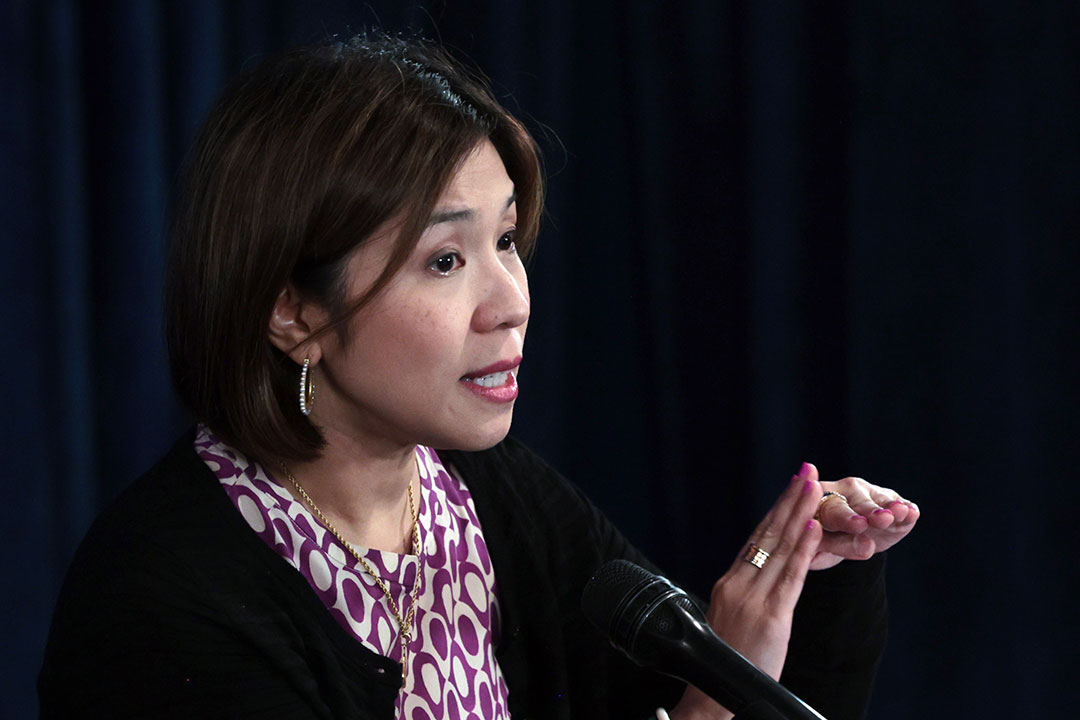
THE DEPARTMENT of Budget and Management (DBM) said on Wednesday it had greenlighted the release of about P212.77 million for social protection programs in the southern region of Bangsamoro.
The funding was allocated for the programs of the Bangsamoro region’s Ministry of Social Welfare and Development for the first half of 2024, including a cash transfer program for the poor and social pension for seniors, Budget Secretary Amenah F. Pangandaman said in a press release.
It is part of the P3.22-billion fund allocated for the Bangsamoro region under the budget of the Philippine social welfare department, she added.
The latest funding would also support the implementation of livelihood and feeding programs as well as a 2016 law that entitles Filipinos aged 100 years old with a P100,000 cash gift.
The Bangsamoro Autonomous Region in Muslim Mindanao, home to some four million Filipinos, was created in 2019 after successful talks between the National Government and Moro separatists.
“Bangsamoro’s economy is still fairly rural and programs for farmers and the most vulnerable members of society — the indigenous peoples, orphans, senior citizens and veteran fighters of the MILF — are needed,” said Georgi Engelbrecht, a senior analyst at nongovernment organization Crisis Group.
He said support to microenterprises and microcredit is very much needed in the region.
While there has been “some progress” on the economic front within its five years of existence, the region still needs to ensure that all its provinces generate enough jobs for their residents and are resilient in the face of extreme weather events, Mr. Engelbrecht said.
“If you look at the poverty incidence, unfortunately it is still a long way to go as not all provinces have been moving forward,” he said in an X message.
“Five years are not enough to fully change the landscape [especially because] we have challenges at the local and even hyperlocal level: barangay and municipal politics, control of the political economy, lack of jobs,” he said.
“Long-term, we also have the challenges of natural disasters and extreme weather events,” he added. — Kyle Aristophere T. Atienza



